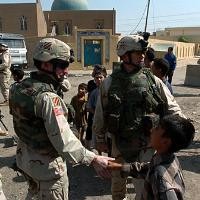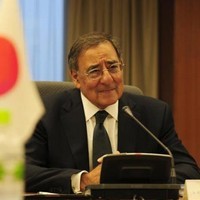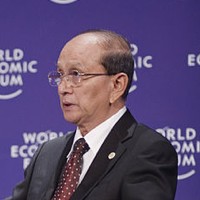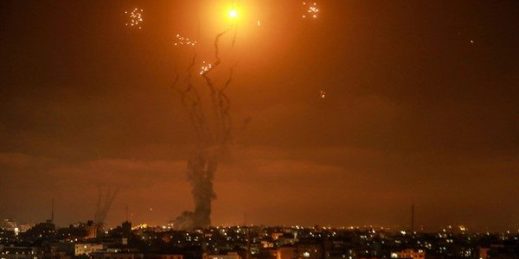
While teaching at the U.S. Army Command and General Staff College in the 1980s, I once heard a confused student officer from a foreign country say, “I’ll never understand your military. Not only does your navy have an army, but your navy’s army has an air force.” By navy’s army, he meant the U.S. Marine Corps, which is larger than most armies and possesses an air component far bigger than most air forces. This observation drew chuckles from the foreign officer’s fellow American students, but it raised an important issue: Does the United States need two separate ground forces in […]









